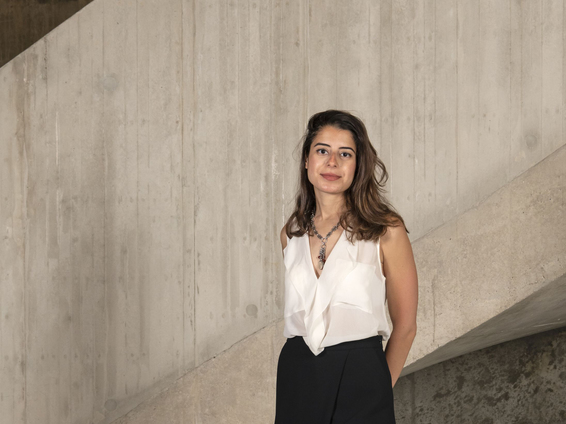
R
E
V N
E
X
T
Tate Modern Appoints Curators For African, Middle Eastern, And South Asian Art
On September 11, London’s Tate Modern announced the appointments of curators Nabila Abdel Nabi, Osei Bonsu, and Devika Singh as specialists in African, Middle Eastern, and South Asian modern and contemporary art. Additionally, Valentina Ravaglia has been promoted to the position of curator for displays and international art. The new hires are part of Tate’s drive toward greater representation of non-Western art in its collection and programming.
Abdel Nabi, who commenced her new role in April, focuses on art from the Middle East and North Africa. Prior to this, she was an associate curator at The Power Plant Contemporary Art Gallery, Toronto.
Bonsu, who joined Tate Modern this month, will lead the institution’s efforts in extending its representation of African art. The curator, critic, and art historian previously helmed Satellite 10, “The Economy of Living Things” (2017), a group presentation of four international artists focused on modern migration, co-commissioned by Paris’s Jeu de Paume and the CAPC: Centre for Contemporary Art in Bordeaux.
Singh took up her post as curator for South Asian art in March. In 2018, she curated the exhibition “Planetary Planning” at the fourth edition of the Dhaka Art Summit. She also curated “Homelands: Art from Bangladesh, India and Pakistan,” which will open in November at Kettle’s Yard, Cambridge.
Ravaglia joined the Tate Modern as assistant curator in 2012, contributing to displays dedicated to Andrea Fraser, Judi Werthein, and Rebecca Horn, as well as the institution’s upcoming Nam June Paik retrospective prior to starting her new role this August.
The curatorial positions filled by Abdel Nabi and Singh are supported by Hyundai Motor Company as part of the Hyundai Tate Research Centre: Transnational joint initiative, focused on the study and acquisition of non-Western works of art.
To read more of ArtAsiaPacific’s articles, visit our Digital Library.













